How audits can improve your cleaning operations
In the competitive world of cleaning operations, maintaining high standards of cleanliness and efficiency is crucial. Audits play a pivotal role in ensuring that cleaning services meet the required standards and continuously improve over time. By systematically evaluating cleaning processes, audits help identify strengths and weaknesses, providing a roadmap for enhancement.
The Importance of Audits in Cleaning Operations
Audits are essential for maintaining and improving the quality of cleaning services. They provide an objective assessment of the current operations, highlighting areas where service quality can be enhanced. By identifying gaps in service delivery, audits enable cleaning companies to implement targeted improvements, ensuring that clients receive the highest level of cleanliness and satisfaction.
Compliance with industry regulations and safety standards is non-negotiable in cleaning operations. Audits help ensure that all procedures adhere to legal and safety requirements, minimizing the risk of non-compliance penalties and accidents. Regular audits keep cleaning companies updated with the latest regulations, fostering a safe and compliant working environment.
Audits provide a detailed analysis of cleaning operations, pinpointing inefficiencies and areas for improvement. By examining every aspect of the cleaning process, from equipment usage to staff performance, audits offer actionable insights that drive operational efficiency. This continuous evaluation and improvement cycle is vital for staying competitive in the cleaning industry.
Types of Cleaning Audits
Conducted by the cleaning company itself, internal audits are a proactive approach to self-assessment. They allow companies to regularly review their processes, ensuring that they align with internal standards and client expectations. Internal audits are a cost-effective way to maintain quality control and foster a culture of continuous improvement.
External audits involve an independent assessment by a third party. These audits provide an unbiased evaluation of cleaning operations, offering fresh perspectives and expert recommendations. External audits are particularly beneficial for identifying blind spots that internal teams might overlook, ensuring a comprehensive review of the cleaning processes.
Third-party audits are conducted by specialized auditing firms with expertise in the cleaning industry. These audits offer a thorough and professional evaluation of cleaning operations, often using advanced tools and methodologies. Third-party audits are ideal for companies seeking a detailed and authoritative assessment of their cleaning practices.
Key Components of a Successful Cleaning Audit
Defining clear objectives is the first step in conducting a successful cleaning audit. Objectives should align with the company’s goals and client expectations, focusing on areas such as service quality, compliance, and operational efficiency. Clear objectives guide the audit process, ensuring that it remains focused and effective.
A comprehensive checklist is an essential tool for conducting thorough audits. It should cover all aspects of the cleaning operations, including equipment, processes, and staff performance. A well-structured checklist ensures that no detail is overlooked, providing a complete picture of the cleaning operations.
Staff involvement is crucial for the success of any audit. Training staff on audit procedures and involving them in the process fosters a sense of ownership and accountability. Engaged staff are more likely to embrace audit findings and contribute to the implementation of improvements, driving the overall success of the audit.
Implementing Audit Findings
Audits provide valuable insights that can be translated into actionable improvements. By prioritizing findings and developing a clear action plan, cleaning companies can address identified issues effectively. Implementing these insights leads to enhanced service quality and operational efficiency.
Audits are not a one-time activity but part of a continuous improvement process. Regular audits ensure that cleaning operations remain aligned with industry standards and client expectations. By fostering a culture of continuous improvement, companies can adapt to changing demands and maintain a competitive edge.
Monitoring the implementation of audit findings and gathering feedback is essential for measuring success. Regular feedback loops allow companies to assess the effectiveness of implemented changes and make necessary adjustments. This ongoing evaluation ensures that improvements are sustainable and contribute to long-term success.

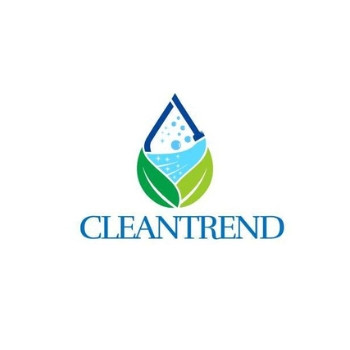
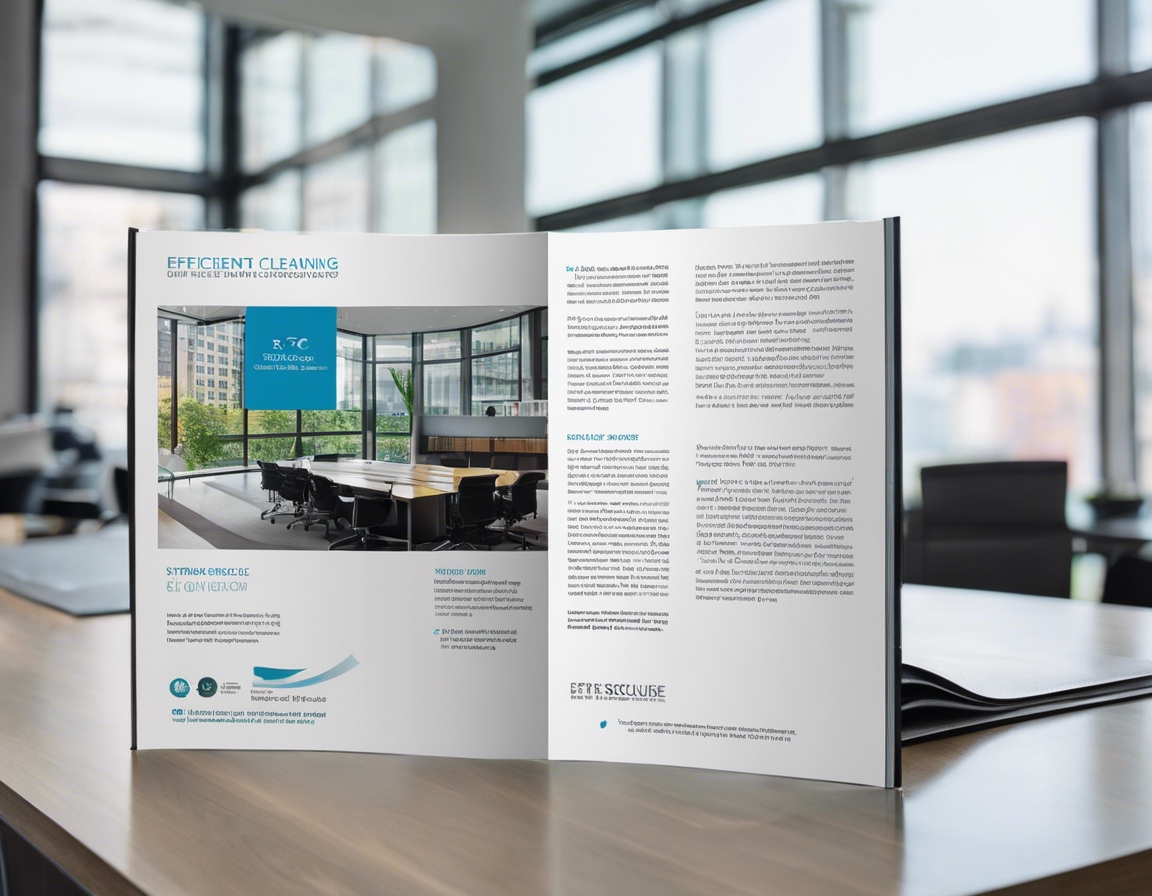

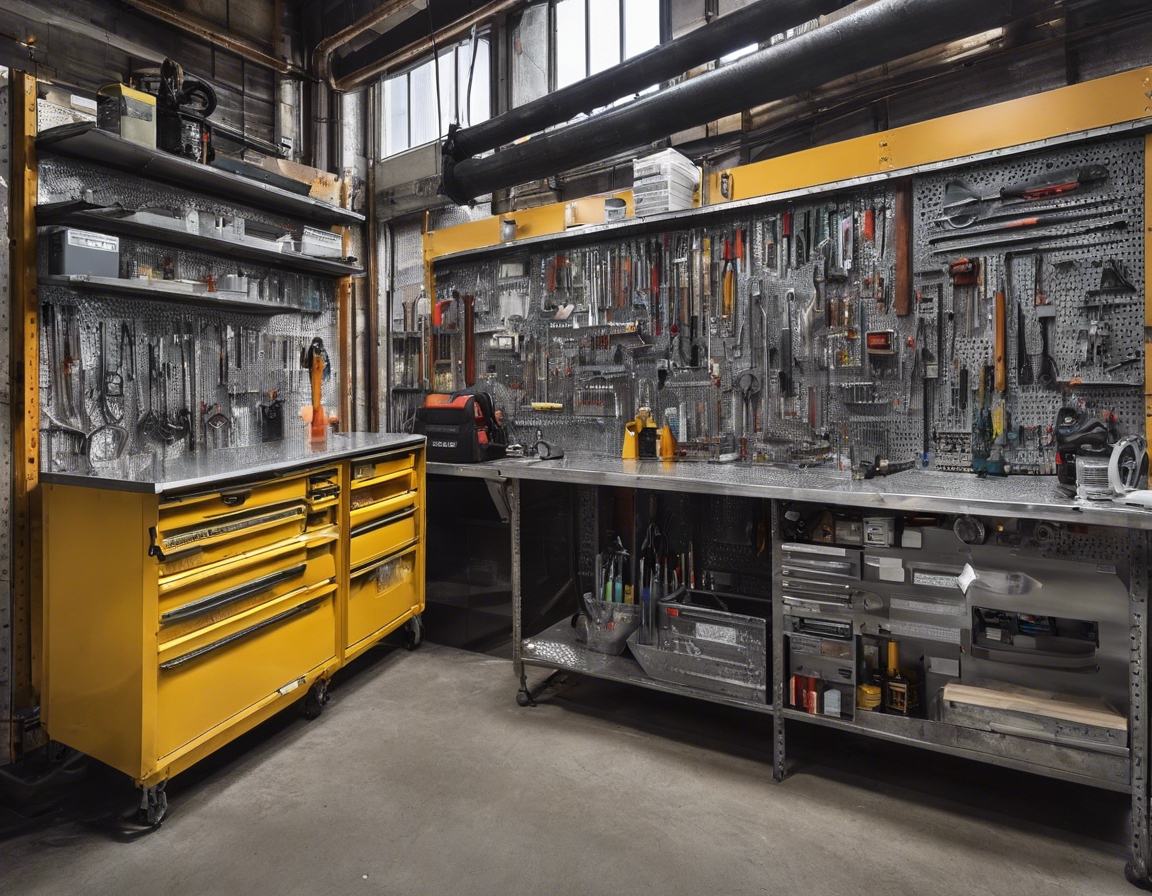
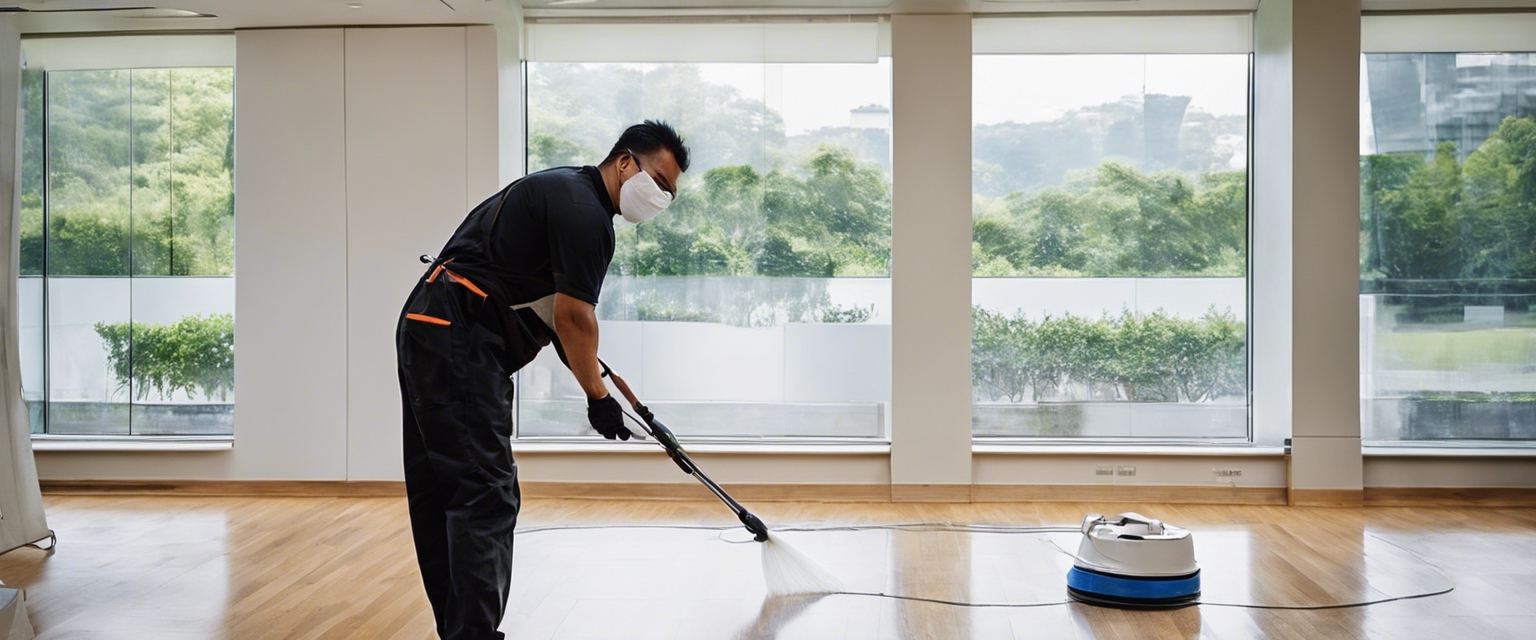
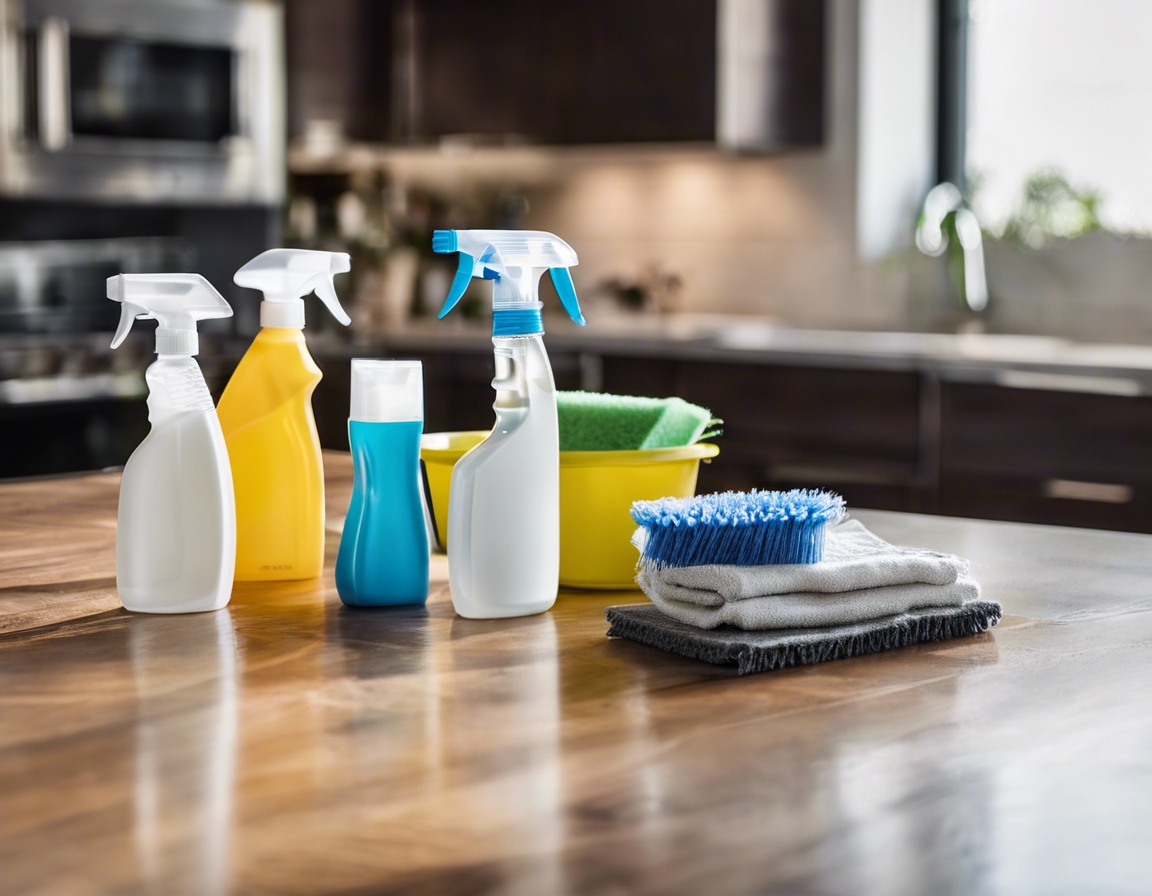

Comments (0)